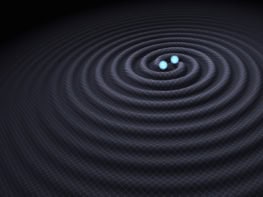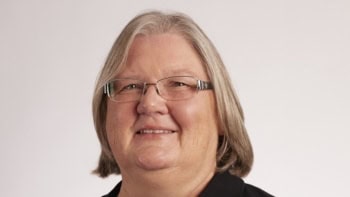
South Africa has completed the construction of two new nuclear labs that will be used to train students and develop novel nuclear-physics detector technology. The Modern African Nuclear Detector Laboratories, or MANDELA, is a partnership between the University of York in the UK and the universities of Western Cape (UWC) and Zululand in South Africa.
Officially opened in late March, the MANDELA labs were built by refurbishing the nuclear laboratories at UWC and Zululand. Funding also went towards the development of fast digital electronics and data-acquisition systems at the lab. UWC nuclear physicist Nico Orce adds that the labs will allow scientists to develop technology for cancer imaging that can be “brought to the poor communities of South Africa and the African continent as a whole”.
The UK’s Science and Technology Funding Council provided £500,000 from its Global Challenge Research Fund to the project while South African universities also financially contributed. Part of that partnership between South Africa and the UK saw some 20 students from the two South African universities travel to York in 2018 and 2019, where they worked on radiation detectors and ran Monte Carlo computer simulations of new detector designs.
In the second phase of the project, which will begin this year, the students will carry out computer simulations to create prototypes of next generation positron-emission tomography scanners and develop new detectors for environmental monitoring and mining. The forecast from Lindau: a bright future for young South African scientists
“The idea was to upskill young people through training visits to York and to develop detector development laboratories at the South African universities with similar equipment to what we have at York so they can lead their own efforts and can collaborate with us,” says York nuclear physicist David Jenkins, who led the project.
Nokuthula Kunene, deputy vice-chancellor of research and innovation at the University of Zululand, hailed the lab for giving students the opportunities and confidence. “We appreciate the labs because it will not only be a case of getting data to analyse, but now students have the opportunity to create the data, which is essential for learning,” she says.



